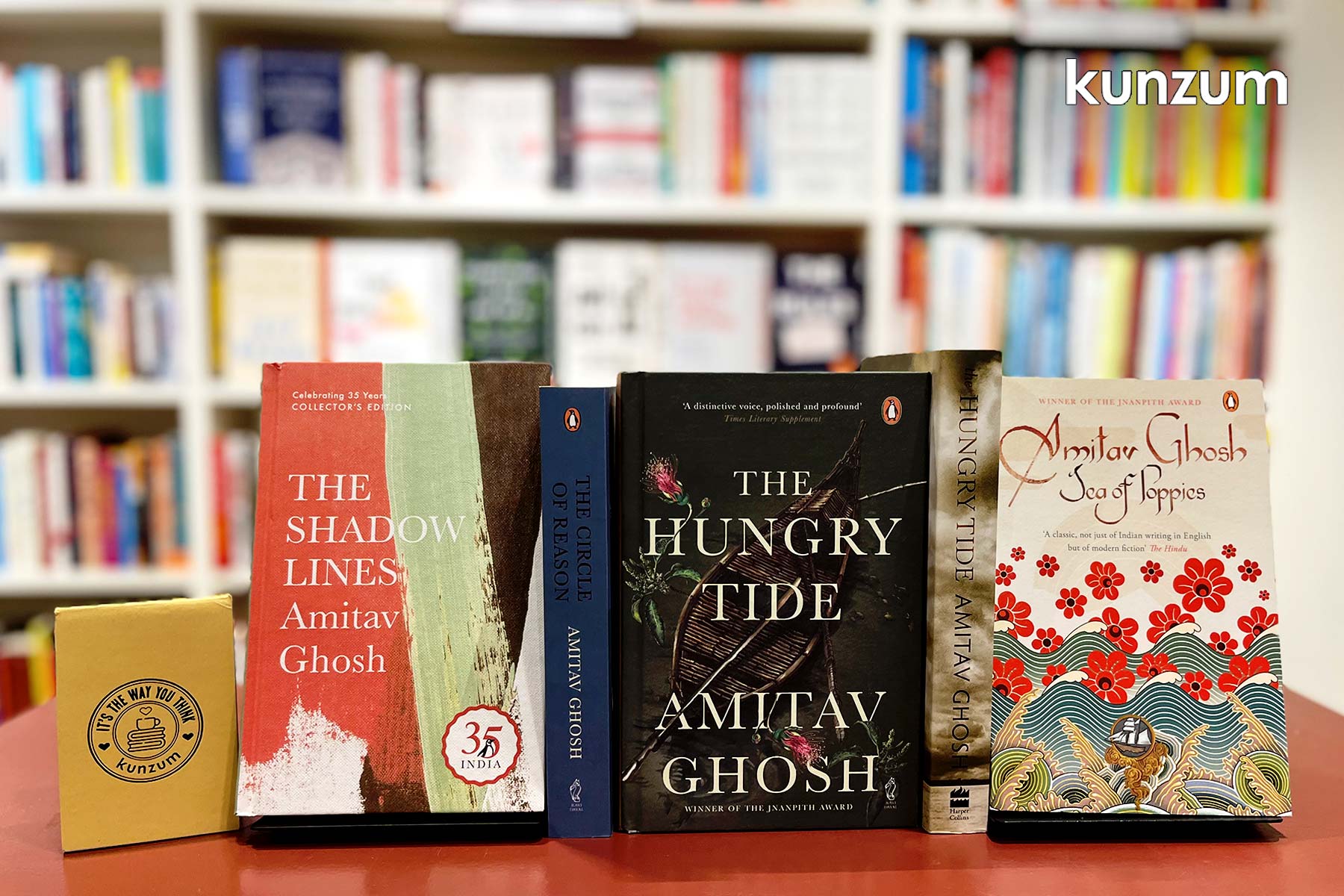
Recently, amidst the quiet hum of literary circles, a thunderous applause erupted as the Erasmus Prize 2024 found its rightful bearer in Ghosh’s hands. This prestigious accolade, akin to a crown of recognition, adorned him for his unparalleled contributions to the theme of “imagining the unthinkable.”
In the world of literature, where words dance and stories unfold, there shines a beacon of inspiration: Amitav Ghosh. His pen, like a magic wand, conjures realms where the unthinkable becomes tangible, where the whispers of climate change echo through time. History whispers secrets of the future and Ghosh’s writing beckons readers to listen. Through the lens of climate change, the author is able to poignantly peel back layers of time, revealing the scars of environmental upheaval etched into the fabric of civilisation. His journey through the labyrinth of literature is a tale woven with threads of environmental urgency and narrative brilliance. From the rippling waters of “The Hungry Tide” to the mystic depths of “Gun Island,” his stories unravel the intricate tapestry of human existence intertwined with the changing face of our planet. So, shall we?
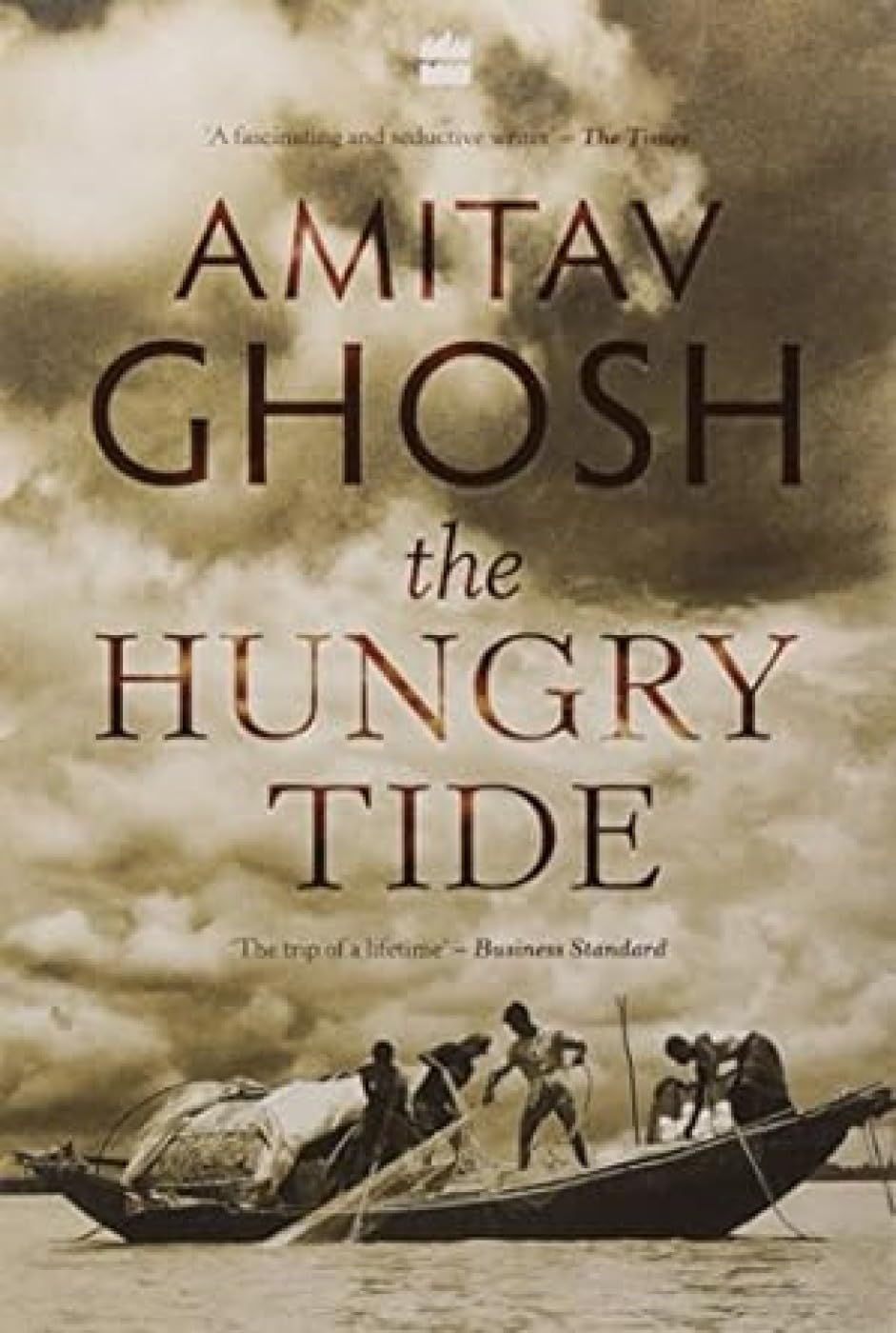
The Hungry Tide
Set in the Sundarbans, a vast mangrove delta in Bengal, “The Hungry Tide” follows the lives of several characters whose fates become intertwined in the unpredictable and treacherous landscape. Through the lens of environmentalism, Ghosh explores the fragile ecosystem of the Sundarbans and the impact of climate change on its inhabitants. He vividly portrays the challenges faced by coastal communities, including rising sea levels, cyclones, and conflicts over resources. The novel underscores the complex relationship between humans and nature, highlighting the resilience of individuals in the face of environmental adversity.
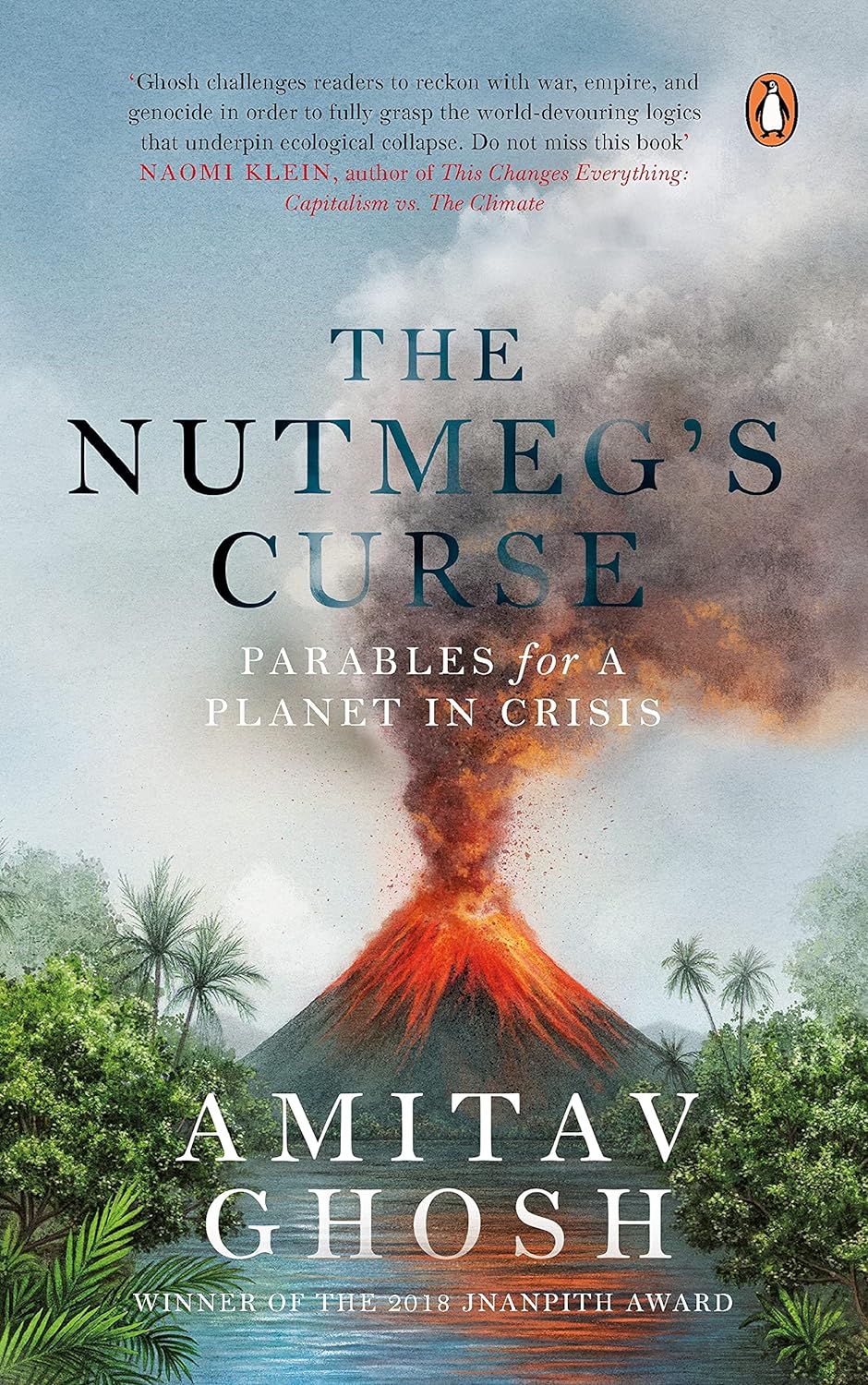
The Nutmeg’s Curse: Parables for a Planet in Crisis
In this collection of essays and lectures, Ghosh offers thought-provoking insights into the moral and ethical dimensions of climate change, describing nutmeg’s tumultuous journey from its native islands as a lens through which to examine broader colonial legacies. Ghosh contends that this trajectory reveals a deep-seated colonial mindset that not only justifies the exploitation of human life and the natural environment but also continues to shape contemporary geopolitics. Through a collection of essays and lectures, Ghosh prompts readers to reconsider their relationship with nature and to advocate for collective action in addressing pressing environmental crises.
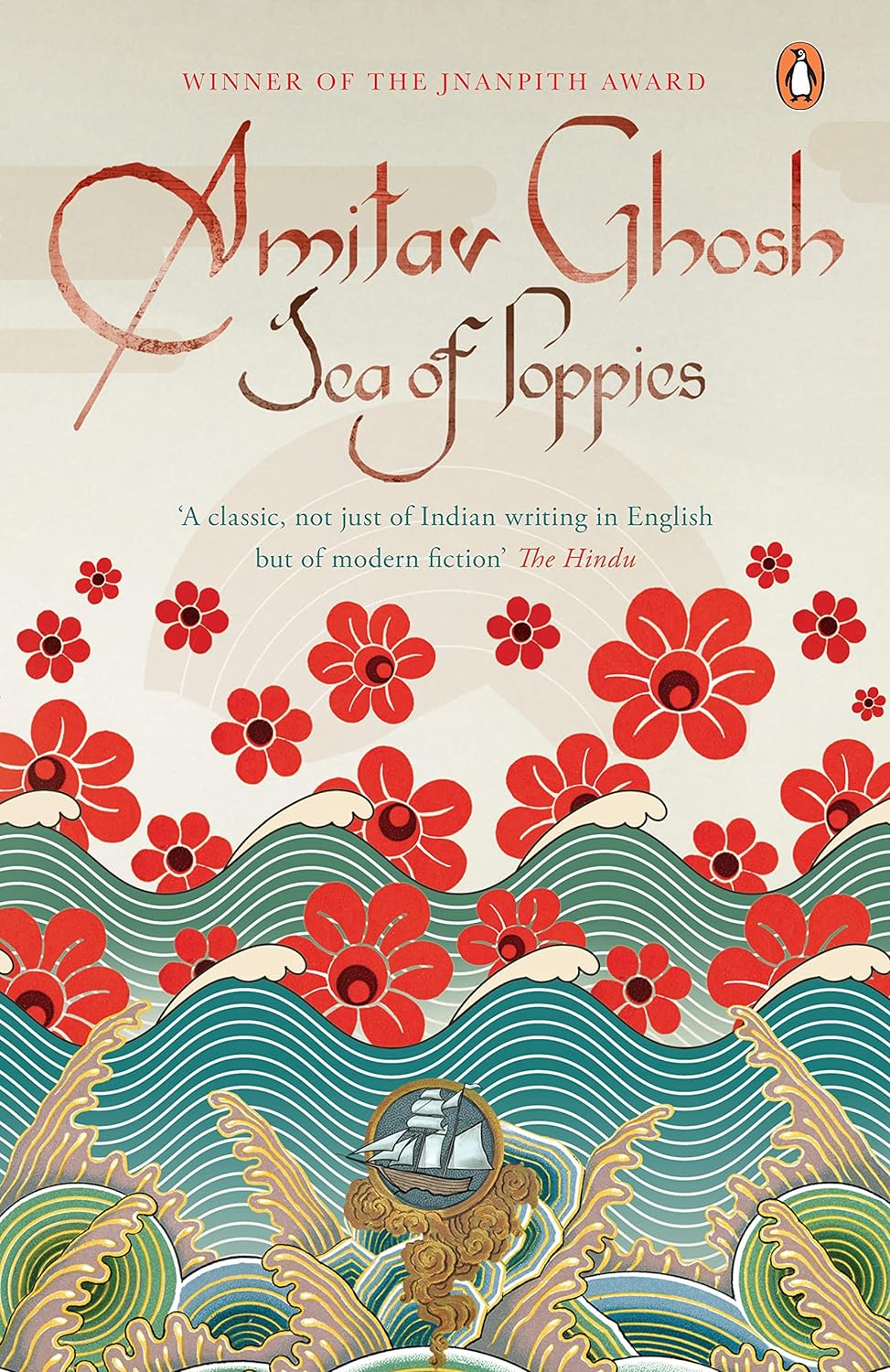
Sea of Poppies
The first installment in Ghosh’s Ibis Trilogy, “Sea of Poppies,” transports readers to the colonial era of the Indian Ocean world. While primarily focusing on themes of colonialism, trade, and cultural exchange, the novel also touches upon environmental exploitation and the ecological consequences of colonial practices. Ghosh vividly portrays the diverse landscapes of the Indian subcontinent and the impact of human activities on the natural environment, highlighting the complexities of ecological interconnectedness.
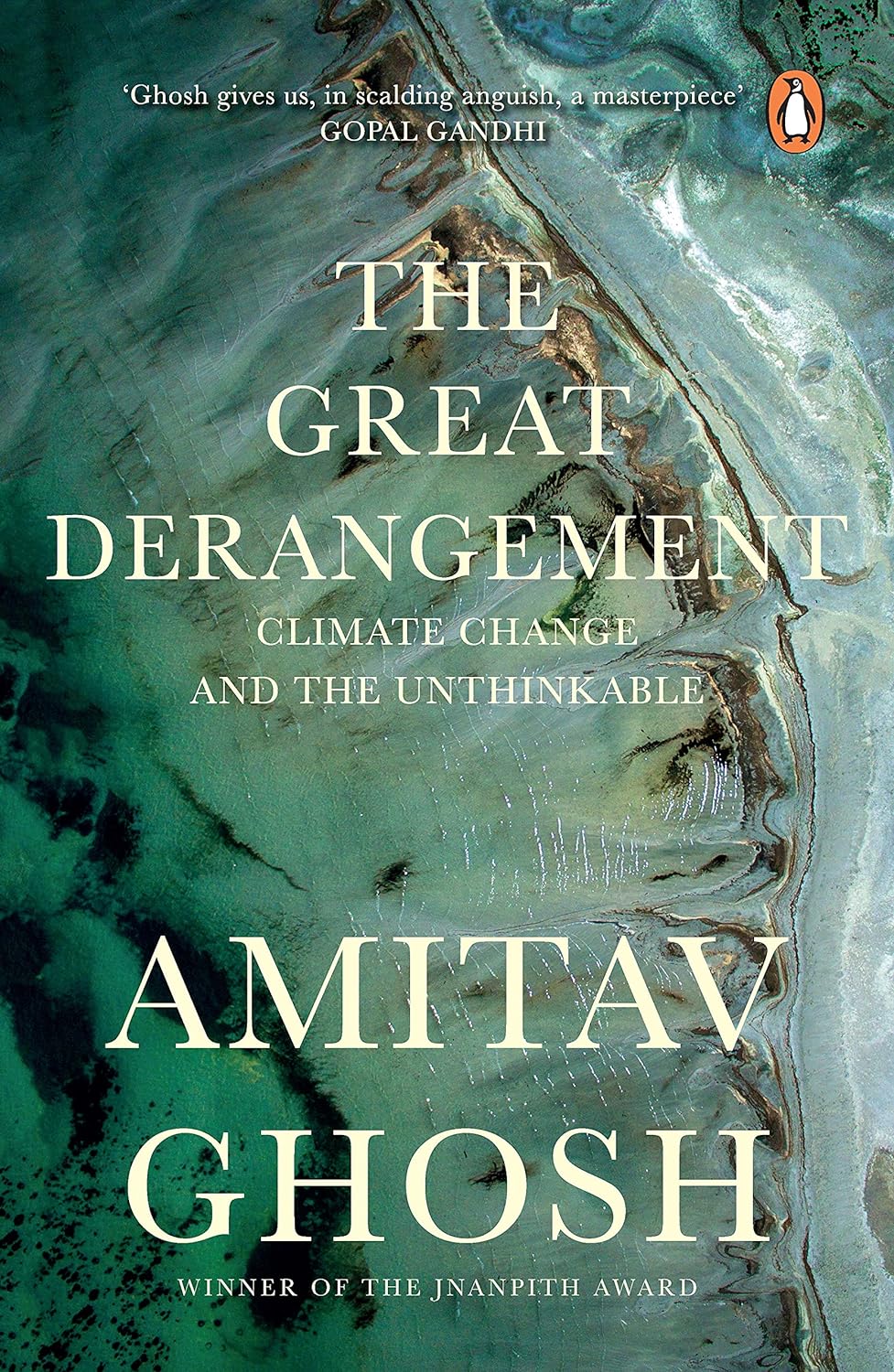
The Great Derangement: Climate Change and the Unthinkable
In this non-fiction work, Ghosh critically examines the cultural and political dimensions of climate change. He argues that mainstream discourse and literature have failed to adequately address the existential threat posed by climate change. Ghosh challenges readers to confront the “unthinkable” aspects of climate change and to consider how literature and culture can shape our responses to environmental crises. Through insightful analysis and compelling arguments, Ghosh underscores the urgency of reimagining narratives and modes of thinking in the face of global environmental challenges.
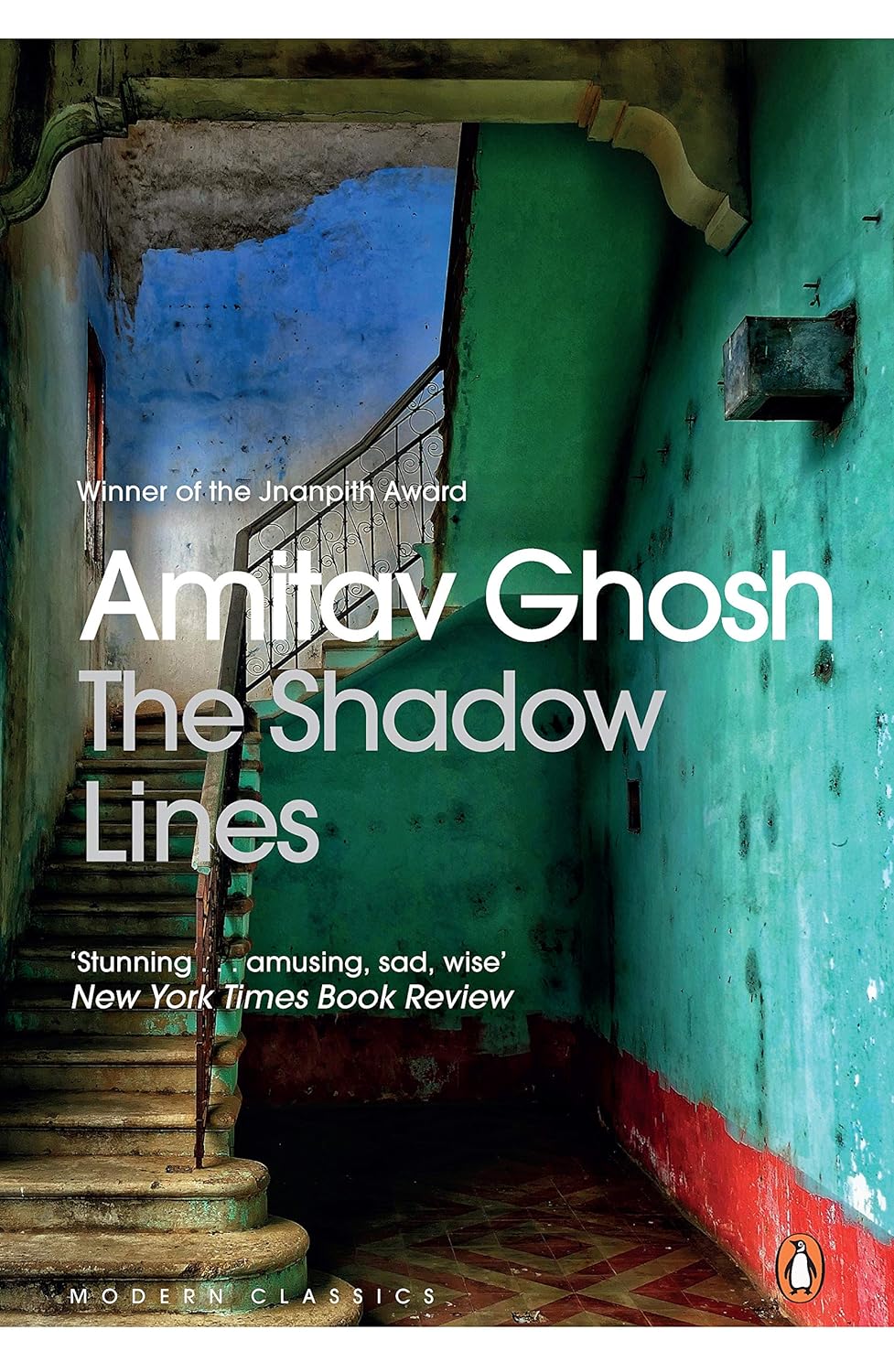
The Shadow Lines
Set against the backdrop of India and Bangladesh, “The Shadow Lines” explores the complexities of borders, nationalism, and identity. While not explicitly focused on climate change, the novel subtly addresses environmental concerns, hinting at the broader interconnectedness of humanity and the natural world. Ghosh skillfully weaves together personal narratives and historical events, inviting readers to reflect on the ways in which human actions shape landscapes and communities.
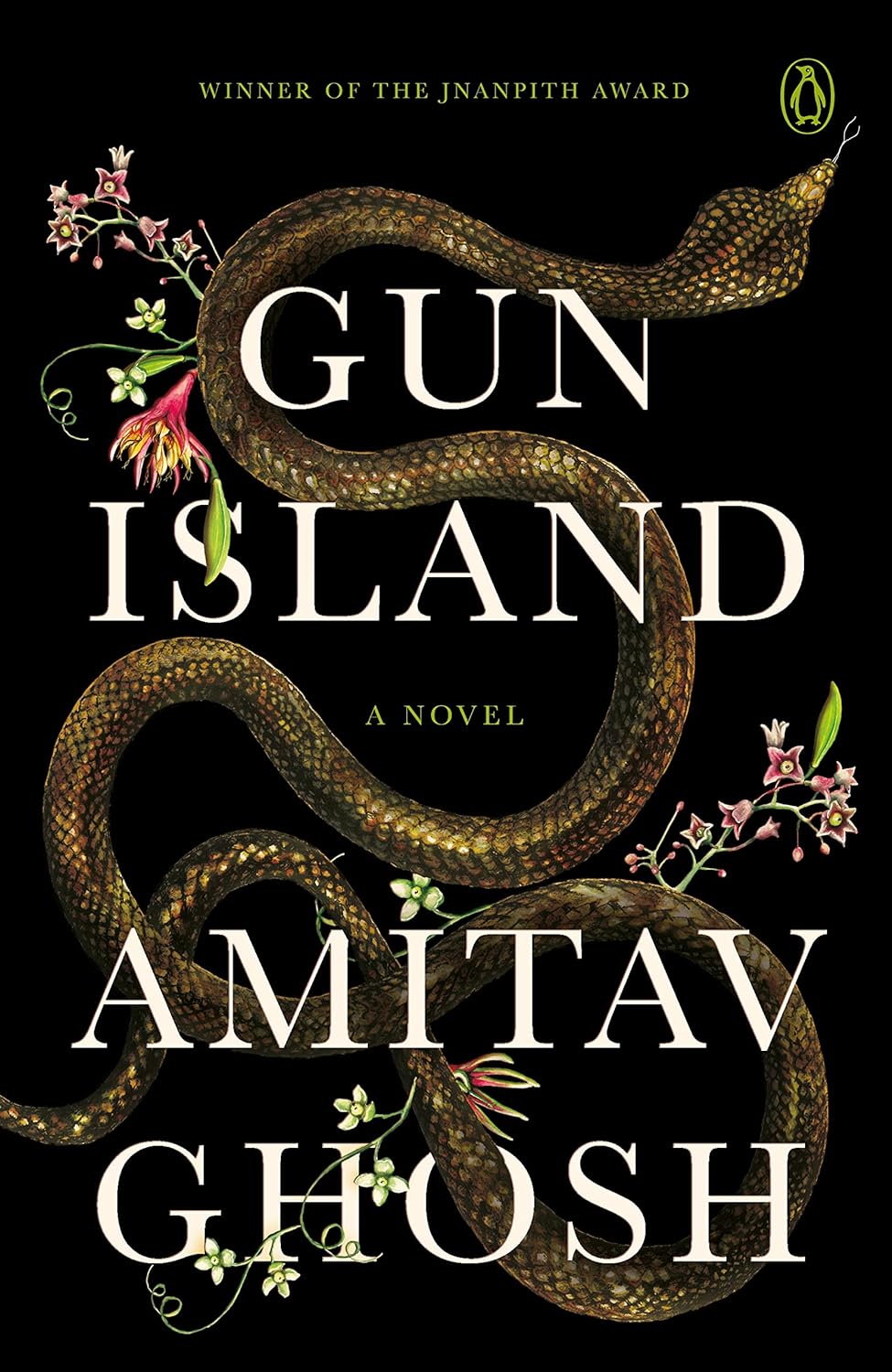
Gun Island
In “Gun Island,” Deen, a dealer of rare books accustomed to a quiet life indoors, finds his world turned upside down as he confronts the realities of the modern age. Through his journey, Deen’s perception of himself, his childhood Bengali legends, and the world undergo profound transformations. Through Deen’s quest, Ghosh explores the global repercussions of environmental degradation and the ways in which climate change exacerbates social and economic inequalities. The book sheds light on the interconnectedness of human experiences across time and space, offering poignant insights into the impacts of environmental change on individuals and communities. Yet, amidst the turmoil, “Gun Island” is also a tale of hope, illustrating how Deen’s faith in the world and its future is restored by the influence of two remarkable women.
As we turn the pages of his books, we are not merely spectators; we are participants in a journey of transformation. Through Ghosh’s lens, we glimpse the power of storytelling to inspire change, to challenge perceptions, and to reshape our world.
Pick up any one of these Amitav Ghosh books from any Kunzum store or WhatsApp +91.8800200280 to order. Buy the book(s) and the coffee’s on us.
